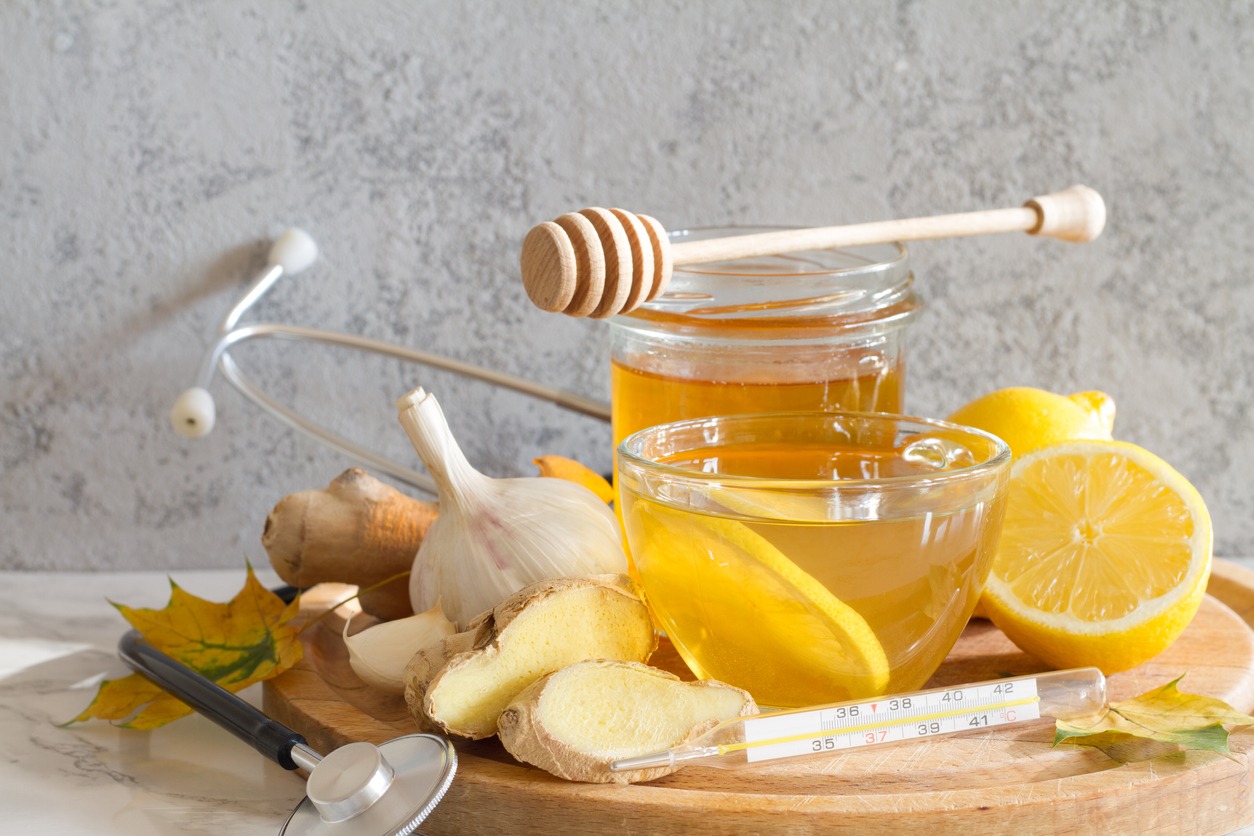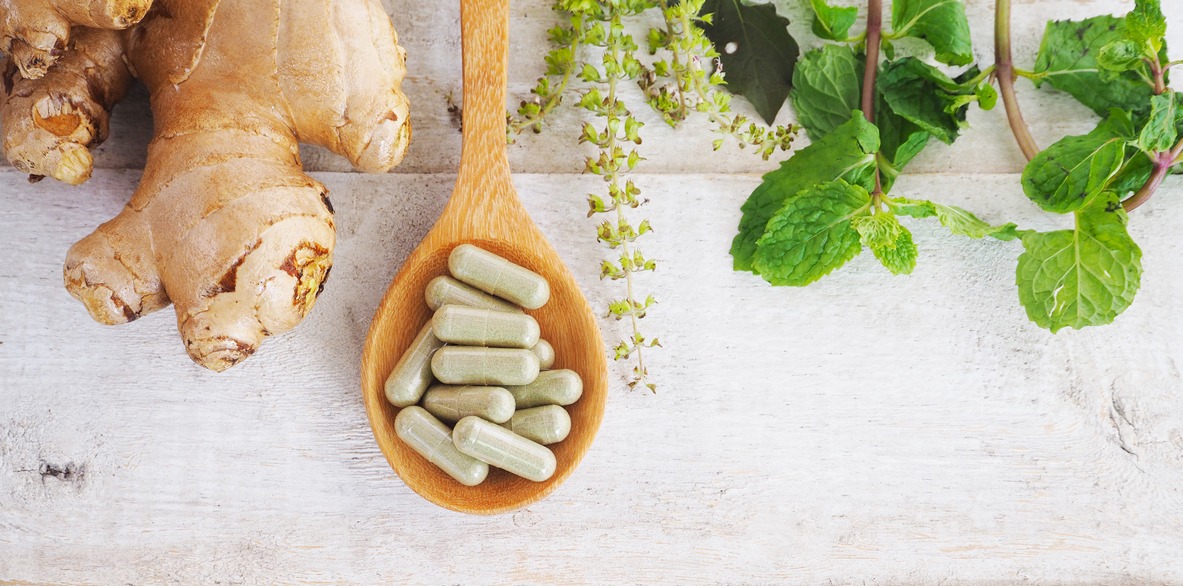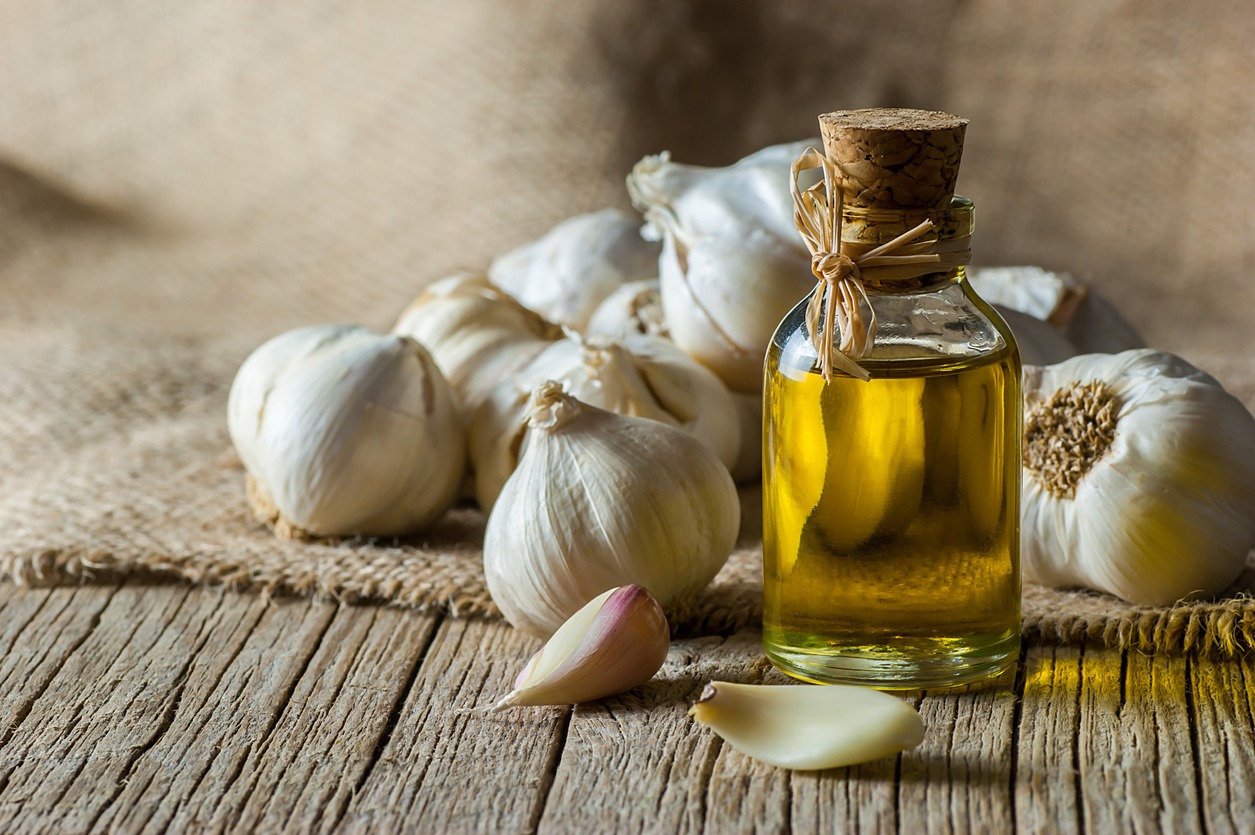An infection can be a terrible burden. Getting rid of the problem should be one’s top priority, regardless of whether the infection is internal or external. Infections can be brought on by one of these three potential culprits: bacteria, fungi, or viruses. Even though there are pharmaceutical drugs available to treat these, excessive use of some of them, particularly antibiotics, has led to resistance within some of these organisms.
This is especially true for resistant strains. Pharmaceutical treatments for viral infections and fungal infections can also cause harm to the patient if they are taken in excessive amounts. Some of these adverse effects include digestive and intestinal problems, dizziness, difficulty breathing, headaches, and even seizures. The immune system of a person is the most effective treatment for warding off infection. A strong immune system that is in good health can fight off and eliminate most infections on its own.
On the other hand, the immune system may at times need a little help to effectively fight a more resistant infection, and this is where the naturally occurring infection fighters come into play. Remember that it is essential to visit a medical professional if an infection does not improve, includes a fever, spreads, or gets worse after initial treatment.
Infection with Bacteria
Antibiotics are the typical course of treatment for bacterial infections. The pharmaceutical version of these will kill all bacteria in the body without distinction, which can lead to additional problems. One of these problems is fungal overgrowth, which occurs because bacteria and fungus normally coexist in the intestines in a healthy balance. The fungus has the potential to take over when the population of beneficial bacteria is reduced. As a result of this, it is preferable to deal with bacteria naturally whenever possible to maintain the health of the beneficial bacteria. Allicin, which is a compound found in garlic, is one example of the many natural compounds that have antibacterial and antiviral properties.
Viral Infections
Viruses typically follow a pattern, and once that pattern is complete, a robust immune system will have produced antibodies that, in most cases, will prevent the virus from reappearing. The typical treatment for viral illnesses is to lessen the severity of the symptoms until the virus has run its course. Certain antiviral drugs have been shown to reduce the amount of time it takes for a virus to complete its life cycle.
Infections with Fungi
Internal fungal infections typically originate from an imbalance in the gut flora and can be extremely challenging to treat. Topical treatments are typically more effective than oral antifungal medications for the treatment of external fungal infections.
Natural Anti-Infection Agents
There are many effective natural treatments available for a wide range of conditions. The type of infection that can be treated with each herb or compound is described, along with some examples of infections that have been treated successfully with them.
1. Garlic
Garlic is widely regarded as one of the most effective immune-boosting foods and supplements. It has been demonstrated to be effective in assisting the body in warding off infections caused by bacteria, viruses, and fungal organisms. Consuming raw garlic that has been crushed produces the best results; however, taking garlic supplements can also have a beneficial effect on the body.
Raw garlic, whether crushed or minced, added to a salad or soup not only adds flavor but also helps boost the immune system. Garlic has properties that inhibit the growth of bacteria, making it an effective herb for treating bacterial infections. According to several studies, the active component in garlic known as allicin is highly effective at eliminating several dangerous bacteria, including Salmonella and Escherichia coli.
Consuming garlic is completely risk-free, but an excessive amount can lead to bleeding inside the body. Therefore, limit your consumption of garlic to no more than two cloves per day. You can prepare them by first soaking them in olive oil and then eating them. Garlic should only be consumed after consulting with a medical professional first, especially if you are already taking medication to thin your blood.
2. Honey
This delicious golden liquid is one of the oldest antibiotics that has ever been discovered. Even in ancient Egypt, it was utilized as a natural antibiotic and a skin protectant by the people. Honey is an effective remedy for a variety of skin conditions, including chronic wounds, burns, ulcers, bedsores, and skin grafts. According to research, honey can prevent the growth of approximately 60 different types of bacteria. Honey has hydrogen peroxide, an ingredient that has antibacterial properties due to its presence.
3. Ginger
The anti-bacterial and anti-inflammatory properties of ginger have gained widespread recognition in recent years. The common culinary herb contains gingerol, terpenoids, shogaol, and zingerone in addition to flavonoids, all of which have some excellent antimicrobial properties. Ginger is also known as zingerone. Numerous studies have found that ginger appears to be effective against a wide variety of bacterial strains.
Ginger is commonly consumed as a remedy for nausea, but it also has excellent anti-inflammatory properties and is frequently used to treat the symptoms of the common cold and influenza. It is safe for most people to consume in fairly large quantities, but it should be limited to smaller amounts in pregnant women because it has been suggested that it could cause miscarriage in large amounts if it is taken regularly during pregnancy.
4. Turmeric
Curcumin, which can be found in turmeric, is a compound that possesses powerful anti-inflammatory and antioxidant properties. This bright yellow spice is ubiquitous in Indian cooking, and it has antioxidant properties that can help protect your body from the damage caused by free radicals. Even the growth of many bacteria that are known to cause disease can be slowed by it. The growth of tumors in cells can be inhibited by turmeric, and it can also inhibit the growth of fungi.
5. Apple Cider Vinegar
Malic acid is a naturally occurring antibiotic, and apple cider vinegar, also known as ACV, contains this naturally occurring compound. When consumed regularly, it has been demonstrated to strengthen the immune system and improve intestinal health, and it can also be used as a treatment for a sore throat.
6. Onions
Onions offer health benefits that are comparable to those of garlic. They are also helpful in reducing inflammation and pain, as well as the symptoms of the common cold and the flu. Consuming raw onions will provide the best results because they contain the most beneficial compounds in their natural state.
7. Essential Oil of Thyme
The essential oil of thyme is utilized in the treatment of gastrointestinal issues, inflammation, and respiratory conditions. In addition to this, thyme oil also possesses some properties that make it effective against bacteria. However, you are only able to apply thyme oil topically. Consuming it like any other essential oil is not something that is advised. First, you should dilute it in a carrier oil before applying it to your skin. Inflammation and irritation of the skin can result from applying it directly to the skin.
8. Pepper
Capsaicin, which is abundant in pepper, functions as a possible natural antibiotic and is very effective in curing food poisoning as well as other gastrointestinal infections. Capsaicin also has anti-inflammatory properties. In addition, capsaicin works to speed up the body’s metabolic processes and raise core temperature, both of which assist the immune system in its fight against bacterial and viral infections.
9. Oregano
When inhaled, the carvacrol found in oregano has been shown to activate the body’s natural ability to repair and rejuvenate itself. Oregano essential oil can heal gastric ulcers, reduce inflammation, and clear sinus infections. To treat infections of the skin, rub oregano oil directly onto the affected area. Plant extracts, essential oils, and particular foods all have naturally occurring antibiotic properties, which give them the ability to treat a variety of health conditions. It is even possible for certain food sources and extracts to stop the growth of bacteria in food. Antibiotics can also be extracted from herbs and used effectively.
10. Clove
Clove is an effective antibiotic, and it also can reduce inflammation and provide pain relief. Consuming it consistently is the best way to protect oneself against infections, including dental issues. It is most effective in treating food poisoning and oral infections, and it can also be used to heal wounds when applied topically.
With the help of antibiotics, we can combat a wide variety of drug-resistant bacteria and superbugs because of the revolutionary advancements that have been made in the field of medicine. However, using antibiotics in excess can have adverse effects on the body, including a reduction in the body’s natural resistance to disease. Turning to nature for help in the fight against infections is a good idea if you want to avoid the use of antibiotics.


